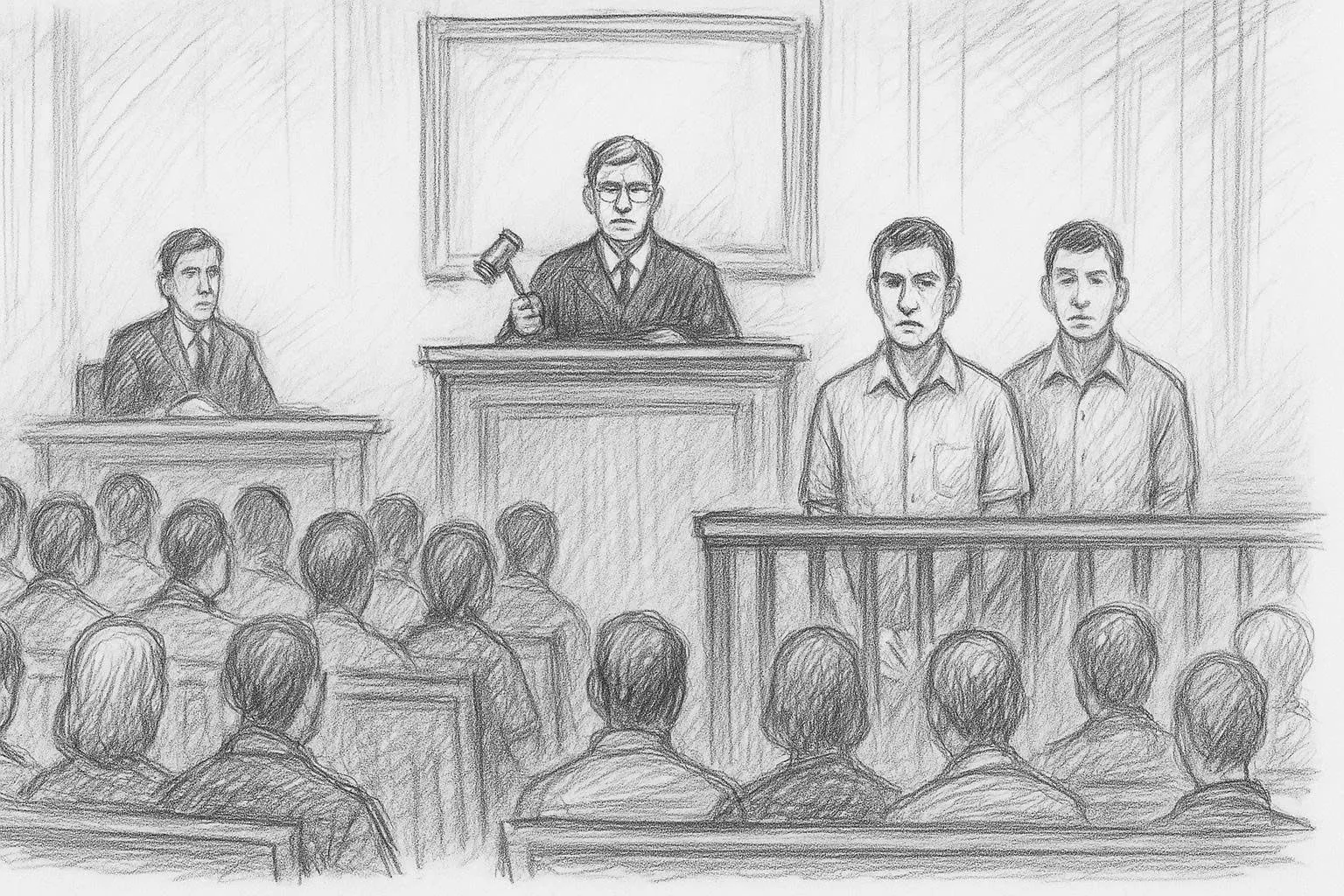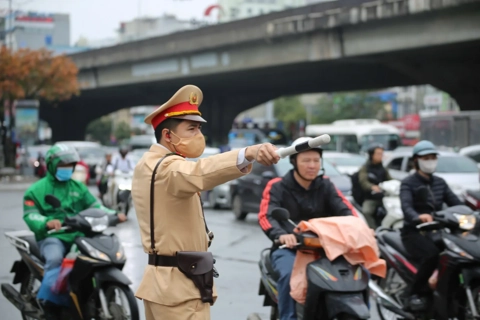Justice or leniency? Why shouldn't the death penalty be abolished abruptly?
Capital punishment remains a necessary safeguard in a society that is still battling serious and organized crime. In today's episode of Words on the Street, we'll explore the controversy surrounding the removal of the death penalty in Vietnam.
THE HANOI TIMES — During recent National Assembly discussions on draft amendments to Vietnam’s Penal Code, some lawmakers suggested abolishing the death penalty for several serious offenses, including embezzlement, bribery, drug trafficking, and producing and selling counterfeit medicines.
Though the lawmakers framed their proposal as a step toward a “more humane and civilized” legal system, public reaction has been swift and divided. At the heart of the debate is a key question: Can a country that still faces widespread, organized, and severely damaging crimes afford to relinquish its strongest legal deterrent?
For many, the answer is no.
A society's advancement is not defined by its use of capital punishment
The death penalty is not an outdated tool from a less civilized time by default. In reality, whether a society applies or removes capital punishment depends on its unique legal infrastructure, crime landscape, and public trust in the justice system.

In Vietnam, that trust is still developing. Although the country has enacted significant legal reforms and enhanced judicial transparency, many people are still skeptical about whether large-scale crimes, particularly those involving the powerful and wealthy, are handled fairly and effectively.
In this context, the death penalty serves as both a punishment and a powerful deterrent, as well as a way to show that the law applies equally to all, regardless of status or influence.
One controversial idea behind the push to abolish the death penalty for corruption-related crimes is prioritizing asset recovery over punishment. In other words, if offenders return the money they stole, perhaps they should be spared execution.
However, this logic is dangerous. It implies that wealthier criminals can essentially buy their way out of death because they stole more and can pay more. By doing so, the law risks sending the message that justice is for sale.
Consider the high-profile case of Truong My Lan, the former chairwoman of Van Thinh Phat Group, for example. She and her accomplices were found responsible for causing over VND677 trillion (US$26 billion) in damages to SCB Bank. She was sentenced to death, with the possibility of commutation if she returned three-quarters of that amount.
Such conditions are virtually impossible to meet. Even if she were able to, would it be justifiable to lift the most severe sentence for one of the most prominent financial crimes in the country's history?
Corruption on this scale not only robs the state of money but also erodes public trust, undermines the rule of law, and damages the moral fabric of governance. Maintaining the death penalty in such cases is not about revenge. It's about holding people accountable and preserving public confidence in the justice system.
Vietnam is different from other nations. That’s not a flaw.
Some argue that Vietnam should follow the lead of countries like the United Kingdom, Germany, and the Netherlands, all of which have abolished the death penalty.
However, note that these countries operate under very different conditions, including high legal transparency, low rates of violent and organized crime, and generally trusted public institutions.
In those societies, removing capital punishment did not reduce the effectiveness of law enforcement or weaken public safety. Their success lies in their strong judicial systems and consistent enforcement of the law.
By contrast, Vietnam still faces deeply rooted issues, including drug trafficking rings that span borders, fake pharmaceuticals sold in hospitals, and billion-dollar corruption scandals that shake the nation’s confidence.
With these threats still present and evolving, Vietnam cannot afford to treat the death penalty as a simple checkbox for progress. The death penalty is not a relic of barbarism; it is a last-resort tool used to reinforce justice where other deterrents may fall short.
Drug crimes have destroyed countless lives and families in Vietnam. Drug lords are aware of the consequences yet continue to engage in these activities because of the substantial profits involved. Many are armed and will stop at nothing, even attacking law enforcement.
In April, a police officer was killed in Quang Ninh Province during an anti-narcotics operation. This loss is irreversible for both his family and society. If the law cannot instill fear or offer sufficient deterrence in such cases, then what will?
Counterfeit pharmaceuticals pose a quiet but deadly threat. These fake drugs endanger the lives of thousands of patients who trust the healthcare system, only to fall victim to greed. The idea of eliminating the death penalty for those responsible raises serious ethical questions. If these crimes are not worthy of the death penalty, then what are?
Caution, not cruelty
This is not to suggest that capital punishment should be used liberally or without careful oversight. On the contrary, it should be infrequent and reserved for the most egregious cases involving rigorous, transparent legal procedures.
Like other nations, Vietnam could reduce the number of capital crimes and impose life imprisonment under certain conditions for certain offenses. While the death penalty should remain a last resort, it need not be used frequently.
It is essential to distinguish between true humanity and unconditional leniency. While the law should show mercy to those who repent, it cannot excuse actions that inflict permanent, widespread harm on society.
Every death sentence carries immense weight, affecting not only the offender but also the victims and their families. Behind each one is a story of irreversible loss and destroyed lives.
Vietnam has every reason to continue legal reforms and consider narrowing the scope of capital punishment. However, fully repealing the death penalty for major crimes such as drug trafficking, high-level corruption, and counterfeit drug production is neither practical nor advisable at this stage.
Society cannot afford to sacrifice its last line of legal defense for theoretical ideals.
If Vietnam is to build a more civilized future, it must start by ensuring fairness, accountability, and public safety. Until these goals are fully realized, the death penalty is a necessary safeguard and a tool to uphold justice, not a failure of it.












